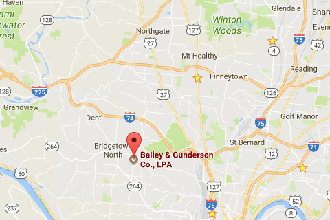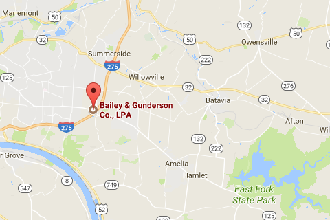What Are the Responsibilities of an Executor of an Estate?
One of the advantages of having a Last Will & Testament is that you can choose who you wish to serve as the Executor of your estate after your death.
What does an Executor do to administer a Decedent’s estate? An Executor is the person appointed by a Probate Court to carry out the instructions in the Decedent’s Last Will & Testament.
After a Last Will & Testament is filed in a Probate Court, the Executor must collect, inventory, and set a value for all of the Decedent's assets. All of the Decedent’s debts, taxes, and expenses are then paid, and any remaining assets are distributed to the beneficiaries named in the Last Will & Testament. All of this is done under the supervision of the Probate Court and usually with the help of an attorney chosen by the Executor.
Do you have any questions about having a Last Will & Testament prepared for yourself, or the procedures to administer an estate? What about steps you can take now to avoid probate? If you have questions, please call our office and we would be happy to help you!
This insight into the law is provided by Michael S. Bailey, Esq. of the law firm of Bailey & Gunderson Co., L.P.A., with offices in Norwood, Western Hills and Anderson Township. Phone: (513) 631-0022.





